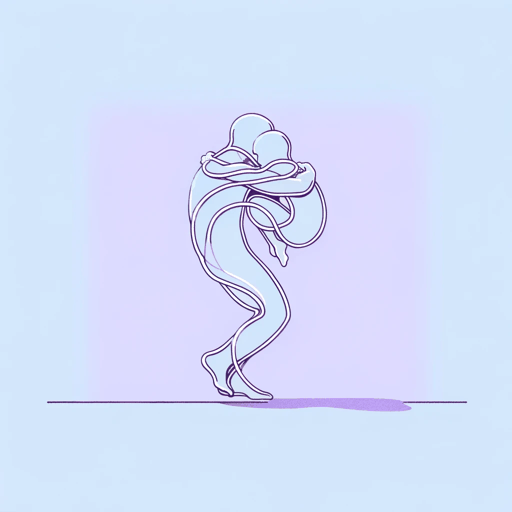20 pages • 40 minutes read
Theodore RoethkeMy Papa's Waltz
Fiction | Poem | Adult | Published in 1942A modern alternative to SparkNotes and CliffsNotes, SuperSummary offers high-quality Study Guides with detailed chapter summaries and analysis of major themes, characters, and more.
Poem Analysis
Analysis: “My Papa’s Waltz”
In sharing a moment from the poet’s childhood that has remained with him for years, the poem juxtaposes what the child perceives is happening against what the adult understands in retrospect.
The poem’s tone becomes increasingly alarming, and the interactions between the father and son reveal latent violent tendencies masked by this “waltz.” In the end, the poem reveals that the boy is scared of his father in ways that he cannot explain but that the poet, from the knowing perspective of years later, understands: The father was something of a bully, and even in play, the dynamic between the father and son works to emphasize the father’s domineering size and brute strength against the son’s helplessness, vulnerability, and fear. The dance reveals that perhaps that child has much to fear in a father who demands obedience and must, to borrow from Roethke’s metaphor, stay in control of the dance.
The poem begins with a cautionary note—the poet first focuses on the alcohol that drives his father’s playfulness. The smell of the alcohol, enough to make the boy “dizzy” (Line 2), reveals that the narrative will be driven by unhealthy alcohol use.

